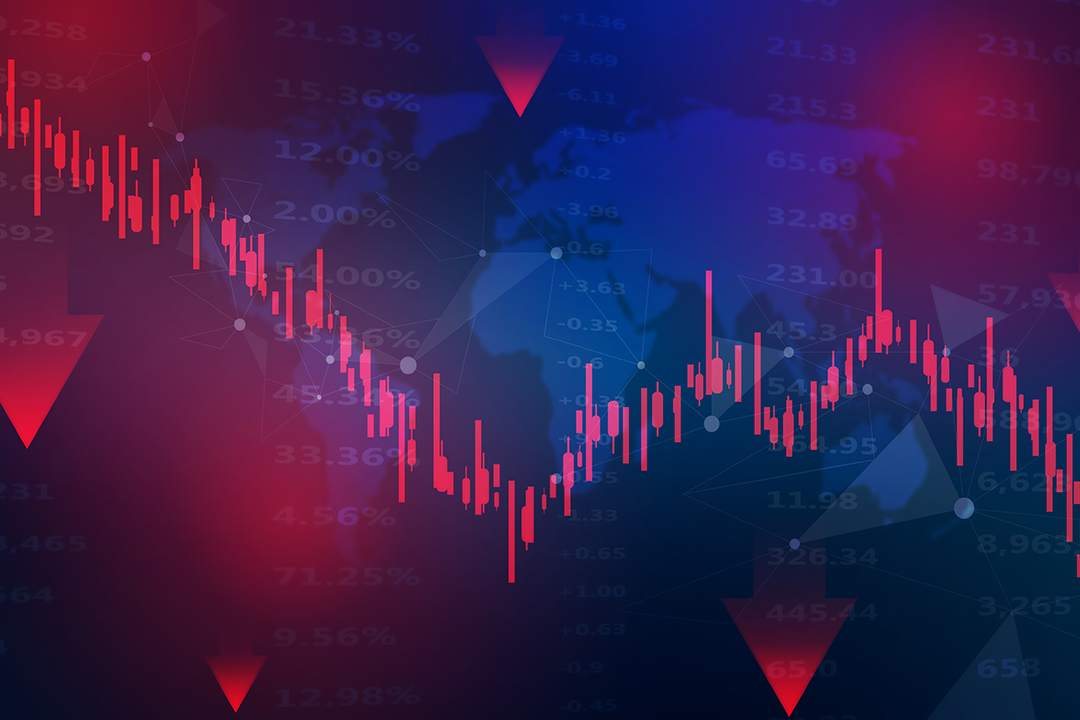

Normal people seldom get moved to exuberance or devastation about the regular gyrations of the stock market, but this current one, which was one of the most negative trading sessions since the dark days of the Coronavirus crash in 2020, should invoke a reaction from regular Aussies.
While the magnitude of the sell-off in stocks was so big that the tech-heavy Nasdaq dropped over 5% and the S&P500 Index lost 4.3%, which then took our market down 2.7%, it’s the cause that has to be understood by anyone with an interest in rate rises.
Those in debt and those wanting higher stock prices or better super returns, want interest rate rises to stop ASAP. Savers who want to put their money into term deposits, generally like rising rates.
This dumping of stocks was because the smarties in share markets looked at the latest US inflation number and didn’t like it. It was only a 0.1% rise in the August number, which wasn’t what was expected as a 0.1% decline was tipped, so the market thinking was:
1. The US Fed could raise interest rates in both September and November by 0.75%. Before the inflation reading, it was hoped the 0.75% hikes would end this month.
2. Higher-than-expected interest rates hit tech and growth stocks hard. They were dumped yesterday. Netflix was down a huge 7.8% and Facebook’s parent, Meta Platforms, was off 9.4%.
3. Big rising interest rates aren’t just bad for stock prices, they also threaten a potential recession, if these latter rate rises end up being too many in a short time.
The big question is: How worried am I about all this?
Regular readers know that for many weeks I predicted this inflation number would make or break stock prices, but it still could be a short-term whack to what should be an eventual stock market rally.
I always suggested we’d have to wait until the December quarter (October through to New Year’s Eve) to see a more convincing rally for stocks. And I still do but it could just start later into the quarter.
It will depend on the flow of economic data. The US central bank boss Jerome Powell and our own Dr Phil Lowe have said the same thing. Good economic statistics pointing to falling inflation will reduce the number and the size of future interest rate rises and will determine when stocks start rising.
I think 2023 will be a comeback year for stocks generally. It would be a greater year if the Ukraine War can end. That said, a year of expected lower inflation and fewer or no rate rises will help consumers, businesses, profits and then share prices.
When the war stops and oil prices slide, stock prices should really take off.
So what am I worried about?
Economies often are slow to show what’s actually going on via economic data. This August inflation reading mightn’t be a reliable indicator of what’s going on in September and so what might lie ahead in coming months could mean too many rate rises, which could create a US recession. That would be bad for stock prices over 2023. A recession would mean the recovery in stock prices would start later next year and would also mean 2024 would be the big rebound year for share prices.
After a recession and a big stock market sell-off, share markets tend to have a big comeback year, which is good news, but I hope Messrs Powell and Lowe get their interest rate rises right to avoid a recession.
Our investments, super, businesses and jobs are in the hands of central bankers — let’s pray they get it right!